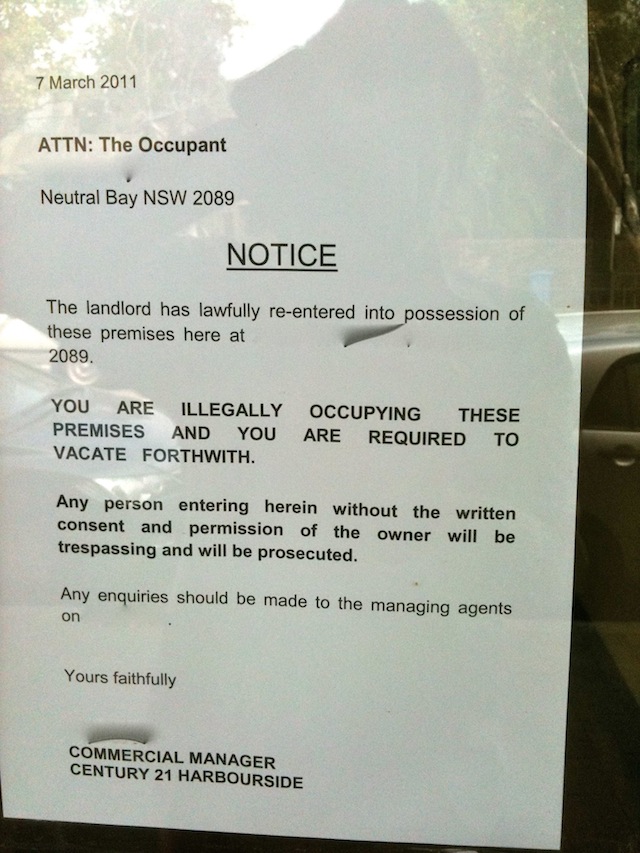The Committee for Economic Development Australia (CEDA) today released its 2012 Big Issues survey looking at the responses of 7000 business people on the issues confronting Australian industry in 2012.
One of the notable results is that business people don’t care about government surpluses. A third are neutral on the question “do you believe maintaining a government surplus is important” while 35% disagree that it is a high priority.

Yet despite the electorate and business saying the deficit is not a priority, the politicians still obsess about maintaining their surplus.
Now Australia’s mining boom has come to an end – along with the blue sky economic assumptions that underlie both sides of politics’ spending plans – governments are desperately trying to fudge the books and continue the pretense that their budgets are in the black.
Driving this obsession with avoiding deficits is the religious belief among Australia’s political classes that Triple – A credit ratings from the discredited Wall Street ratings agencies is more important than educating the nation’s children, caring for the country’s sick or building the infrastructure to compete in the 21st Century.
The real danger with this deficit obsession is that there is a very high possibility that state and Federal governments are going to tip Australia into a recession driven by European style austerity. Already we see this developing as various states start slipping backwards according to the ABS’ latest accounts.

Another interesting result from the CEDA report is how business’ view the Australia in the Asian Century report with nearly 80% of respondents saying the issue is important or critical.
It is questionable whether Australian business is prepared to face the realities of an Asian Century as David Llewellyn-Smith writes at the Macro Business Blog, Australia’s businesses are looking more at getting help from the government to cut domestic costs rather than sell into Asia. That inward focus of Australian business since the mid-1990s is the topic for another blog post.
The sad thing is that the government aspects of Asian Century report is stillborn as surplus obsessed politicians carve into skills training and innovation programs in a vain attempt to balance the books while failing to reform the tax system or address the middle class welfare that’s squandered most of the returns from the last decade of prosperity.
Australia’s politicians are very soon going to have to decide who they govern on behalf of, the corrupt and incomptent ratings agencies or the people who vote for them and pay the taxes which support them and their political parties. For some, this might be a tough choice.

Leave a Reply